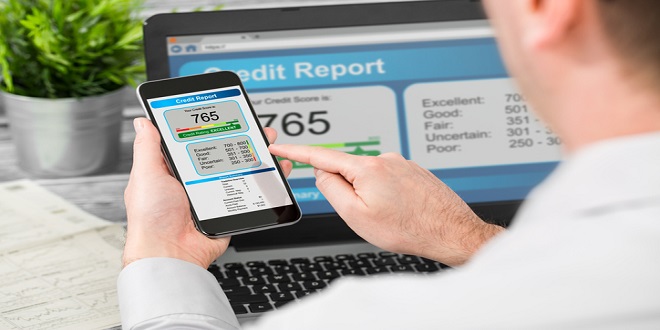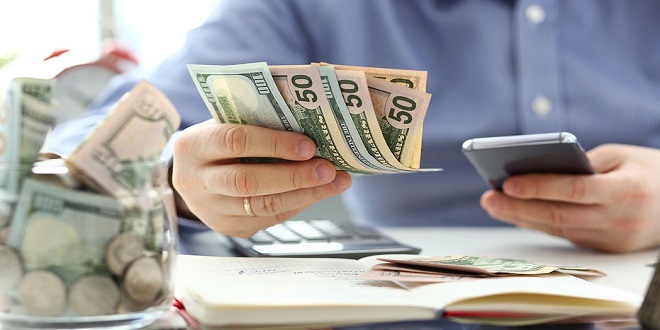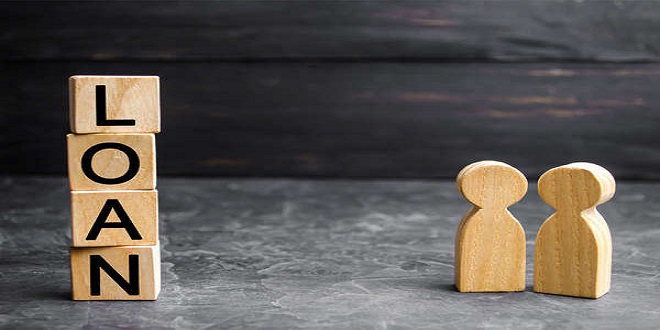Manage your credit rating to achieve a high level of creditworthiness

Please read this rule again, paying close attention to the words “credit rating” and “creditworthiness.” This rule does not mean going into debt, creating debt, or taking on huge sums of available credit.
Credit Is Not the Enemy
Credit on its face is not bad. In fact, having a good credit rating, which is measured by your credit scores, simply means that based on your past behavior, lenders, car rental companies, and others that you deal with can expect the same from you in the future. A high score is one of your most valuable money management tools for reasons we’ll discuss in a bit. Just let me be perfectly clear that credit, like other things in life, has the potential for both good and bad. If abused, your access to credit can ruin your life. This is where financial maturity becomes an important asset.
Growing Misinformation
There is a trending belief in some circles that to have good credit you have to be in debt, or that a credit report is just a “debt report” because it measures your debt. That is not true. You do not have to be in debt to be found highly creditworthy. As you will soon learn, there are ways to build your credit score that do not involve debt. With so much misinformation going around, it’s no wonder that consumer credit has become such a mysterious and complex subject
Why You Need to Be Creditworthy
Without good credit, it’s difficult to buy a home or qualify for the best insurance rates. The practice is called “risk-based pricing” and it is perfectly legal. A growing number of companies check credit reports before making hiring decisions. Landlords want to see a clean credit report before deciding who gets the apartment.
Like it or not, banks, credit unions, credit card companies, and auto financing companies look to credit data to set interest rates. Most banks now require a credit check to open a checking account.
Your Credit Report
Each of the big three CRAs has a credit report on you, and you need to monitor each of them closely, once each year. Think of your credit reports as rap sheets. They contain allegations made by others about you and the way you handle credit and pay your bills. That information may or may not be true. I can promise you that no one but you cares one way or the other about accuracy in your report. If it contains incorrect negative information, it could be costing you dearly in higher insurance premiums or interest rates.
Your FICO Scores
Unlike credit reports, FICO scores are not free. You have to buy them. You can purchase your FICO scores from Equifax and Transunion through MyFICO.com. Experian does not make its FICO score available to consumers. At this writing, FICO scores are $15.95 each.
While it is important that you review each of your credit reports at least once a year, I see no similar need to check your credit score that often. Your credit score is a measurement of what’s in your credit reports. If you are monitoring your reports well, your score will take care of itself.
Your Credit Account
To have a credit rating you do need to use credit. But you do not have to carry credit card debt. You do not have to pay interest to build a great credit rate. All you need is one major credit card (not a debit card) with which you make a purchase three times a year. A $10 purchase that you pay off immediately will fulfill the requirement of “using credit.”
The High Cost of Poor Credit
The contrast in score-based interest rates between consumers with low credit scores and those with high scores is becoming starker than ever on many loans for mortgages, cars, and other consumer products. The bottom line is that poor credit could cost you hundreds of thousands of dollars over your lifetime.[29] The following information[30] shows how much a monthly car payment on a fixed-rate 36-month loan of $10,000 will vary depending on your FICO score. In this example two people with exactly the same income and life situation apply for the loan. The only difference is their FICO scores.
Last Word
You may assume that given my financial history and the way that credit card debt nearly ruined my life, that I wouldn’t carry a credit card even if my life depended on it and that I recommend you get out the scissors to perform a little plastic surgery. If that is the case, I am about to disappoint. I am not patently opposed to credit cards. They’re essential to use online, to rent a car or book a hotel room, or to buy a plane ticket. If your card has no annual fee and a 20-day interest-free grace period for paying the balance before interest accrues, you’re getting free monthly loans. What I am against is buying more on your credit card than you can easily pay for at the end of the month. That’s the threshold. That’s the point of danger.




